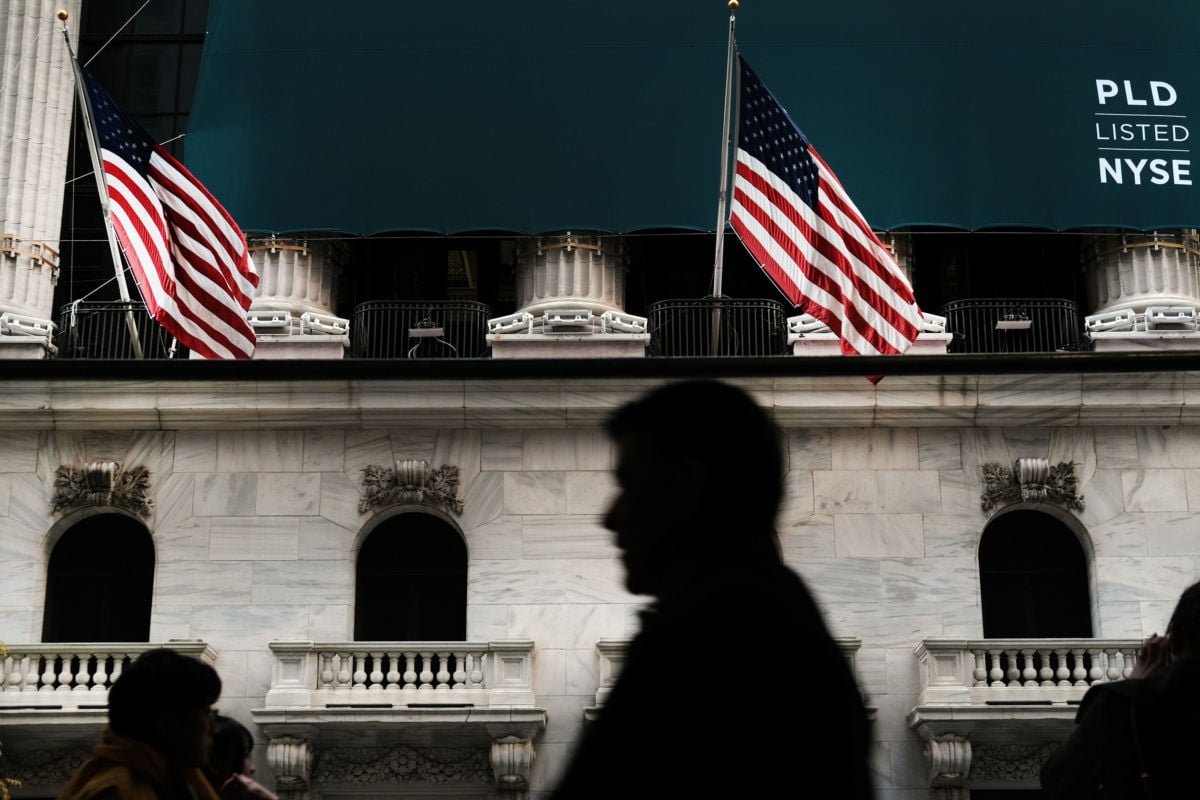Support justice-driven, accurate and transparent news — make a quick donation to Truthout today!
The Trump administration is pushing a proposal that could change how much untraceable “dark money” corporations pour into future elections.
The draft rule change was unveiled by the Securities and Exchange Commission this month. It would limit shareholder proposals, which are one of the ways that the stockowners of publicly traded companies get them to change their behavior.
Shareholders have had the right to submit proposals that are voted on at annual meetings since the 1940s, as well as the right to submit proposals on social issues ever since a 1970 federal court case called Medical Committee For Human Rights v. SEC. This case was about the efforts of a shareholder of Dow Chemical who wanted the company to stop producing napalm for use in the Vietnam War. The court said there was evidence that the company continued to sell napalm to the U.S. military despite the fact that it was bad for business.
As the court wrote, “The management of Dow Chemical Company is repeatedly quoted in sources which include the company’s own publications as proclaiming that the decision to continue manufacturing and marketing napalm was made not because of business considerations, but in spite of them; that management in essence decided to pursue a course of activity which generated little profit for the shareholders and actively impaired the company’s public relations and recruitment activities because management considered this action morally and politically desirable.”
As such, selling napalm was an appropriate subject for shareholders to raise on the corporate proxy. Shortly after this case was decided, the SEC issued rules that allowed for shareholder proposals on social and political issues.
Since the Supreme Court’s 2010 ruling in Citizens United v. FEC, which allows corporations to spend an unlimited amount in elections, shareholders have used their proposal power to demand an end to dark money in elections from corporations. Shareholders have also asked for better transparency about corporate spending on lobbying, as well as better stances on climate change and sustainability.
According to Si2 (the Sustainable Investment Institute) which tracked these types of shareholder proposals in 2018, “80 resolutions ask[ed] companies to disclose political activity spending and 80 more ask[ed] companies to address climate change risks.”
Because of these shareholder efforts on dark money, led by the advocates at the Center for Political Accountability, over half of the S&P 500 companies have become more transparent about their political spending, including their lobbying. Another factor in their success has been proxy advisors — firms that suggest how institutional investors should vote on shareholder proposals — who have also embraced ending corporate dark money.
But all of that progress could come to a screeching halt if the Trump administration’s proposed rule change is adopted, because it would make it much harder for retail investors to make shareholder proposals. The current rules say a shareholder must have owned at least $2,000 of stock for one year in order to submit a proposal. The new rule would require a shareholder to hold that sum for three years, $15,000 worth of stock for two years or $25,000 worth of stock for one year. This is all meant to reduce the number of shareholders who are eligible to submit proposals, favoring richer Americans.
The rule also makes the requirements for relisting a shareholder proposal more strict, thereby making them less likely. One of the ways that shareholders have achieved success with publicly traded companies over dark money has been that they didn’t just ask politely once. In some cases, shareholders had to bring up dark money year after year before a company would change its behavior.
But the SEC has rules on asking the same thing again: a shareholder proposal needs to get a higher and higher share of votes to be on the proxy a second, third, or fourth time. Presently, the relisting requirements are winning 3 percent after the first appearance on the proxy, 6 percent after the second appearance, and 10 percent thereafter. The new rule proposes to change the relisting vote thresholds to 5, 15, and 25 percent, respectively. This is not so subtle attempt to make multi-year engagements with management over big issues like campaign finance or climate change much more difficult to wage.
And at the same time the, the SEC is pushing a rule change for proxy advisors. When proxy advisors gave advice to vote against dark money, many institutional investors voted to open corporate political spending to more transparency. The new proposed rule would require proxy advisors to give target companies the right to review the advisors’ reports before they are sent to investors. This would allow publicly traded companies to dispute the information in the proxy advisors’ reports, thereby adding extra steps into the process.
Proxy advisors have also been influential on executive pay. Thus, it is no accident that the proxy advisor rules and the shareholder ownership thresholds would be changed at the same time. These proposed rules are two sides of the same coin. They both aim to make management win more fights on shareholder votes, even if what they want to win is the ability to spend more corporate dark money in future elections.
The good news is that these proposed SEC rules still have to go through the normal public comment period. The commission should hear from investors and citizens that these changes would be steps in the wrong direction.
Press freedom is under attack
As Trump cracks down on political speech, independent media is increasingly necessary.
Truthout produces reporting you won’t see in the mainstream: journalism from the frontlines of global conflict, interviews with grassroots movement leaders, high-quality legal analysis and more.
Our work is possible thanks to reader support. Help Truthout catalyze change and social justice — make a tax-deductible monthly or one-time donation today.
